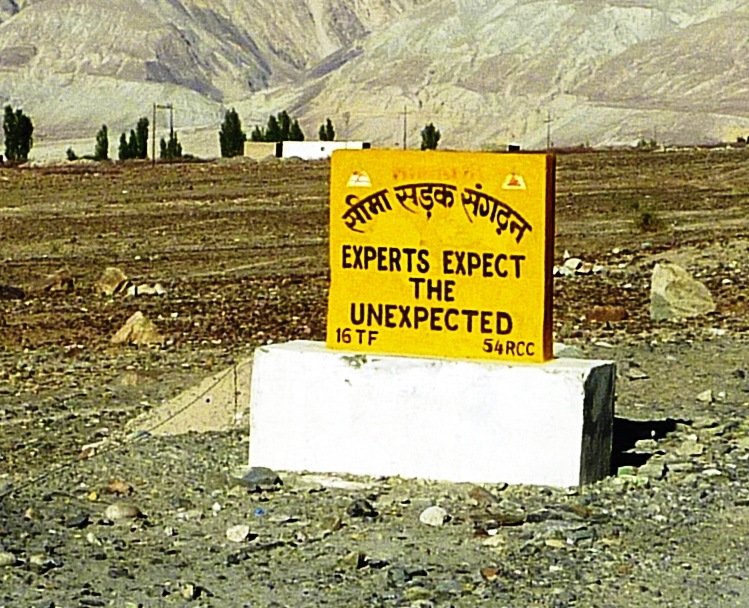
May 3, 2015, by Brigitte Nerlich
Responsible Research and Innovation: Experts, values and judgements
Expertise, judgement and values are huge topics in philosophy, psychology and the social sciences in general. I am no expert on these issues. However, I believe that the new Responsible Research and Innovation (RRI) agenda imposes a duty to reflect on these notions on those who, like me, are supposed to ‘implement’ RRI within large scientific research centres. We are supposed to be or become experts in RRI, whatever that might mean. When implementing or executing RRI, we are supposed to be guided by, even align with, certain values (enshrined in or embedded in many RRI definitions, handbooks and tools); and, most importantly, we will have to make judgements – social scientific judgements and political judgements about what to or not to do, advise others to do or not to do, and so on. We are also reckoned to be able to predict, forecast and anticipate the future and guide it into a ‘better’ direction (with the help of publics, stakeholders, risk assessors and ethics experts).
The question I ask, and for which I have no answer is (echoing Harry Collins’ recent book title): Are we all RRI experts now? And what does this mean for ‘responsible innovation’? Should all those involved in the RRI enterprise perhaps learn a bit more about when experts, judgements, decisions and forecasts fail? From whom do we best learn about these things and how will that impact on the ‘implementation’ of RRI?
I would like to hear from those who have thought about these matters and who can provide me with some really useful tools to think and work through them. I don’t just want speculations, but empirical research findings, practical advice and guidelines! Is there anything like that out there (for RRI)??
Image: By John Hill, Wikimedia Commons
No comments yet, fill out a comment to be the first

Leave a Reply